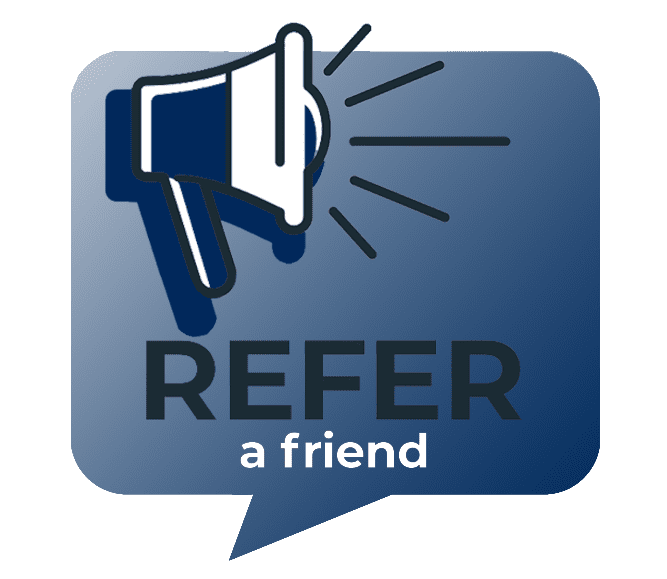Non-owned auto liability insurance is intended to protect your company in the event that an employee driving their personal vehicle on company business is involved in an automobile accident. Although you may not have any vehicles titled in your company’s name, you should still carry coverage for non-owned automobile liability
If an employee is involved in an accident while driving their personal vehicle on company business, their personal auto liability should be primary. If their coverage is not sufficient, the company can be brought into the claim and/or lawsuit and possibly be held liable. This is why non-owned automobile liability insurance is so vital. Most businesses have employees driving their personal vehicles on a daily basis and therefore have regular non-owned liability exposure.
If your employees drive their personal vehicle for business use, it is recommended you confirm they have an acceptable driving record and that their personal automobile policy allows for business use. It is also recommended that employees that drive their personal vehicle for business use increase their automobile insurance limits.
Non-owned auto insurance can be added to your businesses insurance package, general liability insurance policy, or written as a separate coverage.




